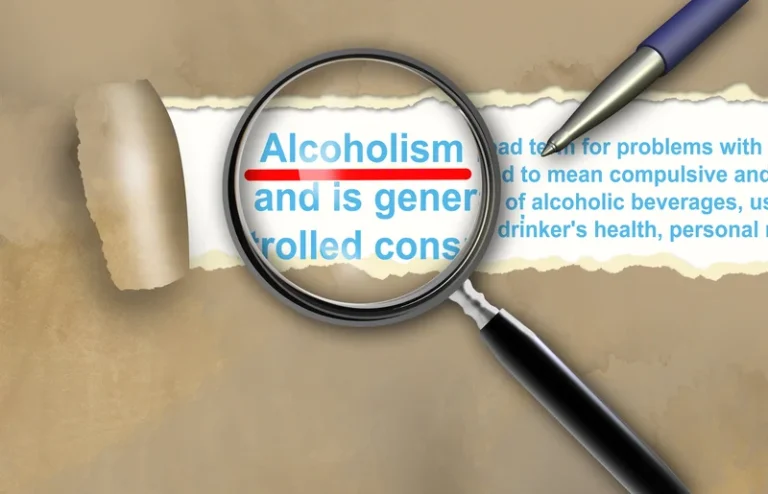
It can also decrease the production of the hormone vasopressin, which regulates our body’s fluid balance, leading to dehydration and increased thirst. Secondary hyperhidrosis is sweating caused by a medical condition or is drug-induced. It is a symptom of a primary condition rather than the condition itself.
Functions of Alcohol Sweating
- More-serious symptoms from heavy drinking may be a sign of alcohol poisoning — a life-threatening emergency.
- Incorporating a balanced diet plays a significant role in your overall health.
- There are several common signs of alcohol withdrawal that can disrupt a person’s sleep and cause physical discomfort after their last drink during the detox process.
- It is best that people with alcohol dependency or intolerance speak with a doctor.
One of the major areas where alcohol has an impact is the heart and blood vessels. Alcohol can cause your blood vessels to dilate, leading to an increase in heart rate. This, in turn, raises your body temperature, which can cause you to sweat profusely during the night. Alcoholic night sweats occur when excessive sweating happens during sleep, particularly after alcohol consumption. These night sweats can be disruptive to sleep patterns and may indicate underlying health issues or an adverse reaction to alcohol. Night sweats are a common sign of alcohol withdrawal, which is a condition that can develop when a person with alcohol dependency stops drinking alcohol.
Lifestyle Quizzes
- Your healthcare provider will have the most up-to-date information about the possible side effects of the treatment they offer.
- Talk to a healthcare provider about the side effects of the medication they prescribe before taking them.
- Treatment for hyperhidrosis varies based on the part of the body affected, the severity of your diagnosis and what treatment options work for you.
- If you take any of these medications and experience symptoms of hyperhidrosis, talk to your healthcare provider.
- By understanding the factors contributing to alcoholic night sweats and taking action to reduce or prevent them, you can improve your sleep quality and overall well-being.
Night sweats are one of the many withdrawal effects that make quitting alcohol so difficult without medical excessive sweating after drinking supervision. Trying to detox alone puts the individual at risk of dangerous dehydration, seizures, and even death. Comprehensive alcohol detox programs provide a safe, medically-managed environment to stabilize and treat alcohol withdrawal symptoms like sweating, shakes, and anxiety.
Night Sweats and Alcohol

In severe cases, a condition called delirium tremens may develop, characterized by seizures and potential fatality 2. Alcoholic night sweats can greatly affect your daily life, especially when it comes to sleep. Drinking alcohol can lead to restlessness and discomfort throughout the night, as your body tries to regulate its temperature. This can result in frequent waking, causing you to feel exhausted and have difficulty concentrating during the day. Dehydration from alcohol consumption can also contribute to these sleep disturbances.
Medical Professionals
Like all other food and drinks, alcohol is metabolized after being ingested and absorbed in the intestines. Alcohol metabolism takes place in the liver which produces enzymes to break down alcohol before the molecules are absorbed by the cells. This process takes time, and the liver can only break down a limited amount of alcohol in an hour – approximately one 12-ounce serving of beer or about 5 ounces of wine. When one consumes alcohol at a faster rate than this, accumulation of the substance takes place in the blood, leading to side effects such as sweating. With over 14 million adults struggling with Alcohol Use Disorder in 2019, understanding the effects of alcohol on your body is more important than ever. Let’s dive into what causes those dreaded night sweats and how to recognize more serious withdrawal symptoms.

Alcohol sweats, also known as night sweats, are a common withdrawal symptom that typically begins within hours to days after the last alcoholic drink. As the body rids itself of alcohol, it tries to regulate temperature, causing profuse sweating even in cool conditions. The symptoms of alcohol withdrawal typically begin a few hours after the last drink and peak within hours. However, for individuals who engage in heavy and prolonged alcohol consumption, symptoms may not appear until several days after quitting drinking. For individuals who heavily consume alcohol over an extended period, the cessation of alcohol intake can lead to alcohol withdrawal syndrome. This syndrome can manifest with various symptoms, including shaking and tremors.
Preventive Measures and Health Tips for Alcohol-Induced Night Sweats
“Flop sweat” is a colloquialism often ascribed to the sudden and profuse outbreak of sweat, most often in association with jitters and nerves. Primary hyperhidrosis is so-named because the sweating is the condition. While there may be triggers that set off an episode, the triggers are not considered unusual and will not cause symptoms in other people.

Alcohol can contribute to sweating due to its effects on the circulatory and central nervous systems. Plus, we’re always introducing new features to optimize your in-app experience. We recently launched our in-app chatbot, Melody, powered by the world’s most powerful AI technology. Melody is here to help as you adjust to a life with less (or no) alcohol. You’ll meet millions of fellow Reframers in our 24/7 Forum chat and daily Zoom check-in meetings.

